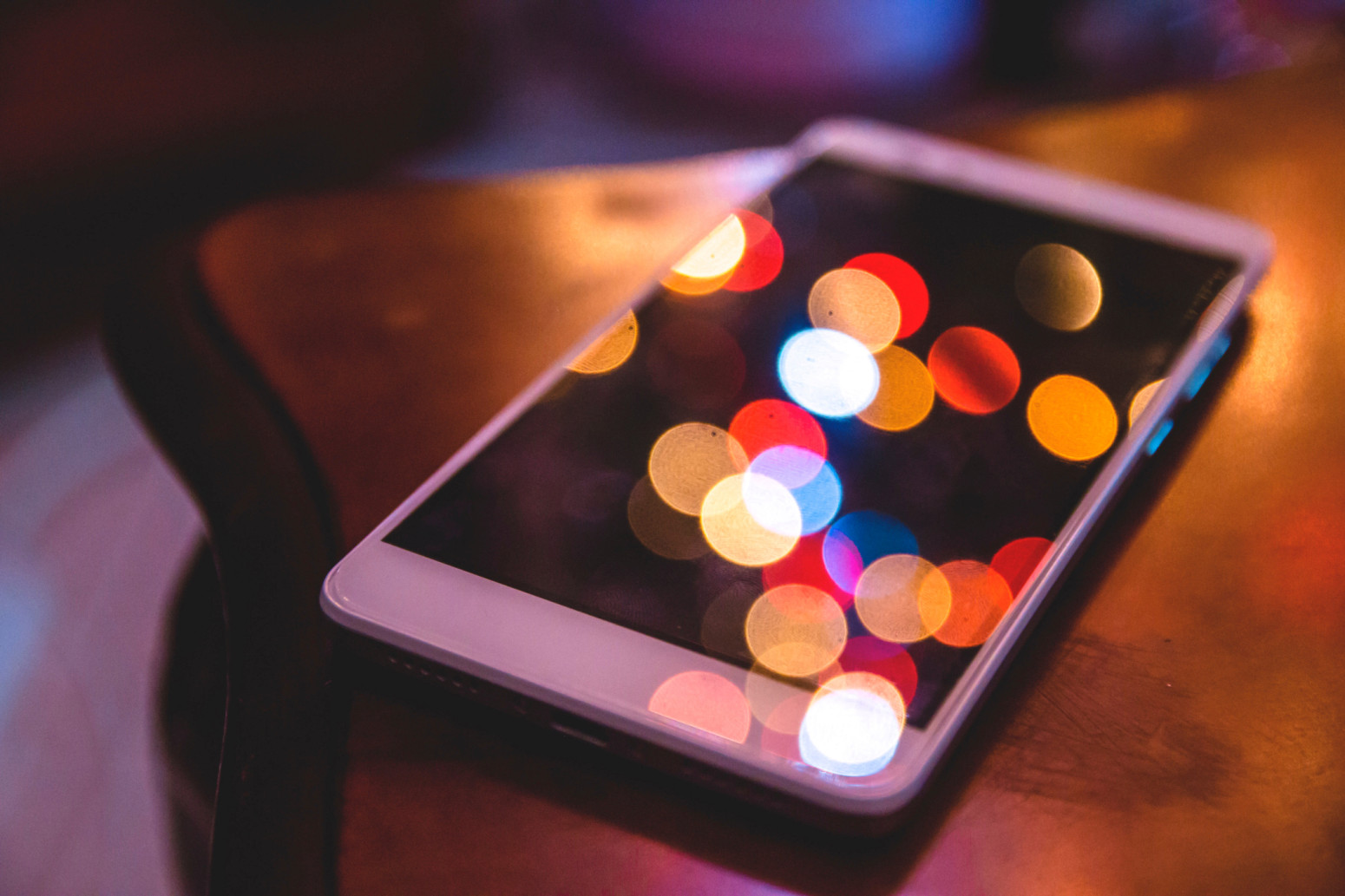If you own a smartphone, there’s a solid chance you sleep with yours within arm’s reach. You may even rest with it beneath your pillow, or cradle in your arms as you nod off in the evening. (In one study of over 3,000 participants, nearly 40 percent reported checking their phone within five minutes of waking and within the last five minutes before falling asleep.) While this behavior may at the outset seem harmless, it has a detrimental effect on sleep quality.
Think about it like this: Our phones are repositories for all sorts of things that can stress us out, like a late-night email from your boss, or an unpleasant news alert. There’s also the problem of blue light, which is the intense wavelength of light our screens are known for. (It’s also the hue that has the largest impact on our sleep-wake cycle.) One study found that exposure to blue light before bed reduces the duration of sleep by approximately 16 minutes, and disrupts the continuity of sleep as the night ticks on.
In an ideal world, we would all be sleeping with our phones in a different room entirely,” Elizabeth Dowdell, Ph.D., RN, and a professor of nursing at Villanova University, tells Thrive. “Our phones are our connection to the world, so it’s difficult to part from them — but keeping a physical distance from them can help us sleep more soundly.”
As Dowdell notes, the healthiest way to deal with our devices at night is to keep them staying outside of our bedrooms — but she knows that can seem daunting, especially since we’re used to having our phones so close by. But with our devices’ pre-programmed capabilities, it’s easier than ever to set boundaries with technology. Dowdell suggests using Screen Time limits to increase off-screen time during your day, and putting your phone on Airplane mode or “Do Not Disturb” mode 30 minutes before you hit the pillow.
To improve your sleep quality immediately, practice your Microstep and choose a time each night to put your phone in Do Not Disturb mode.
Follow us here and subscribe here for all the latest news on how you can keep Thriving.
Stay up to date or catch-up on all our podcasts with Arianna Huffington here.


